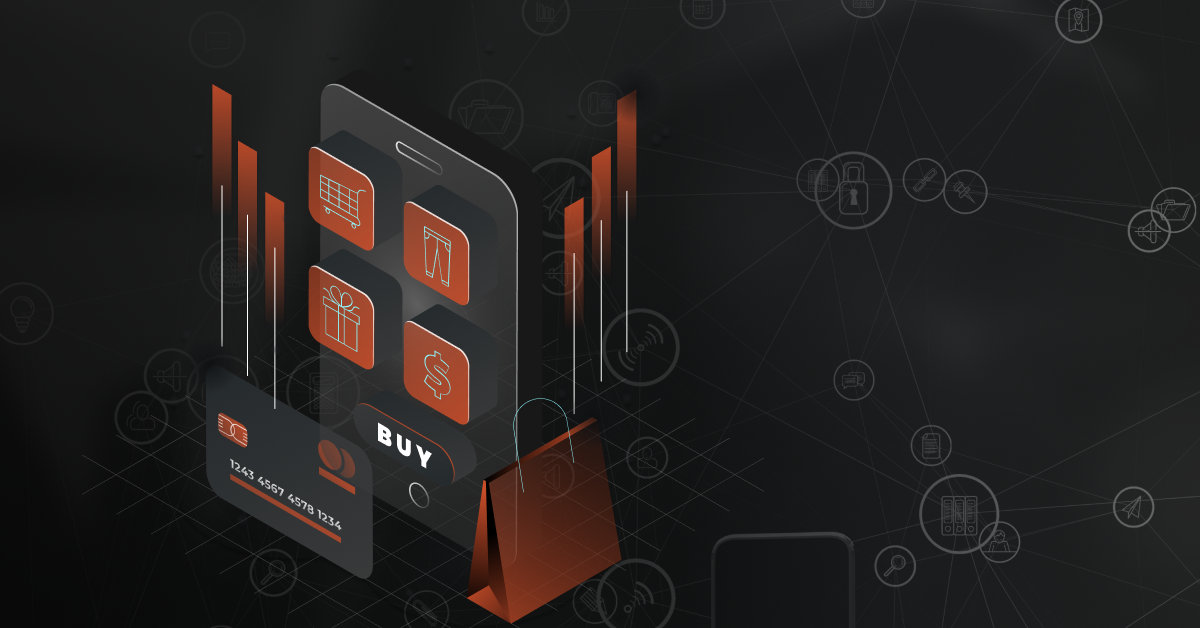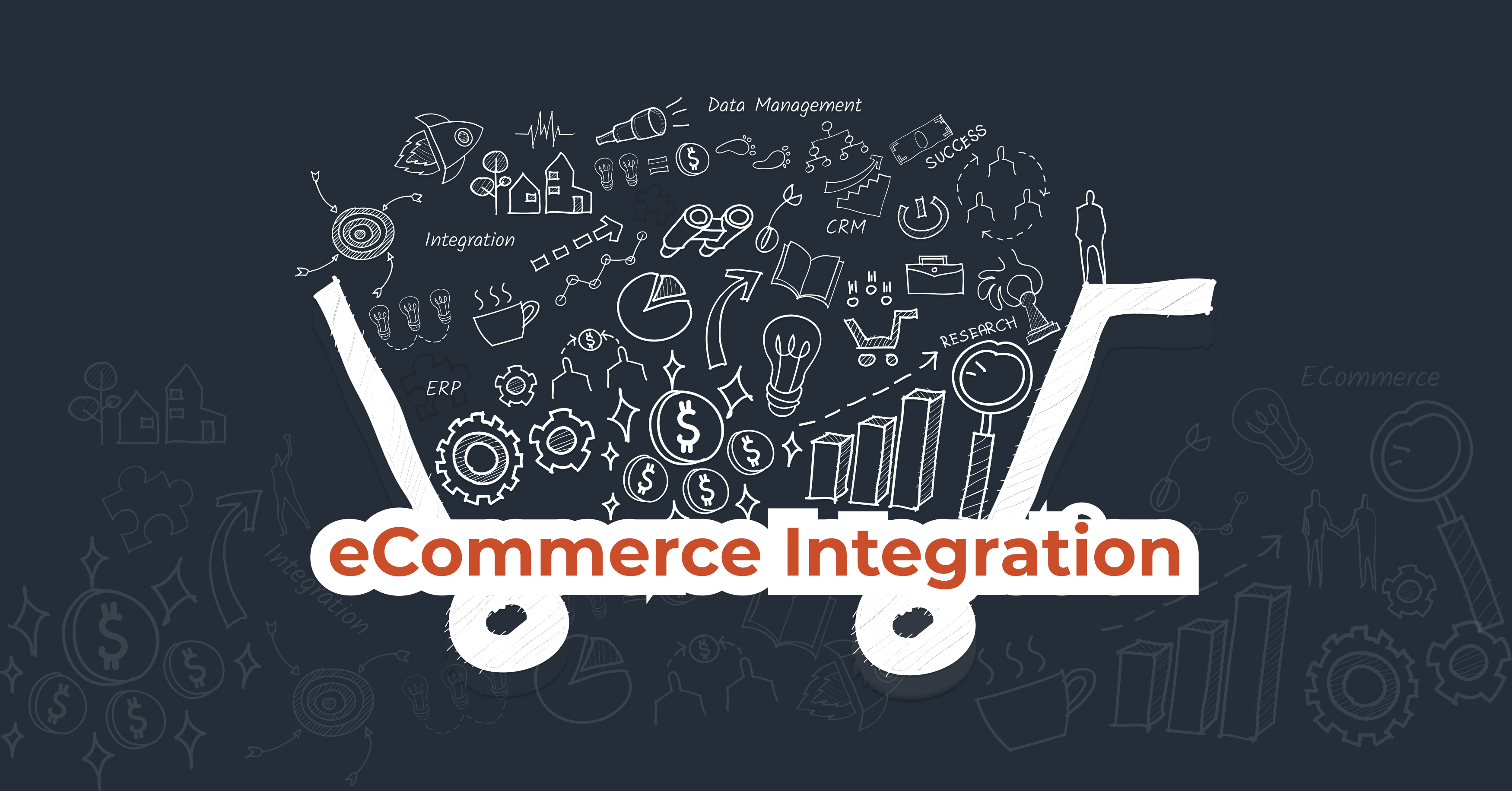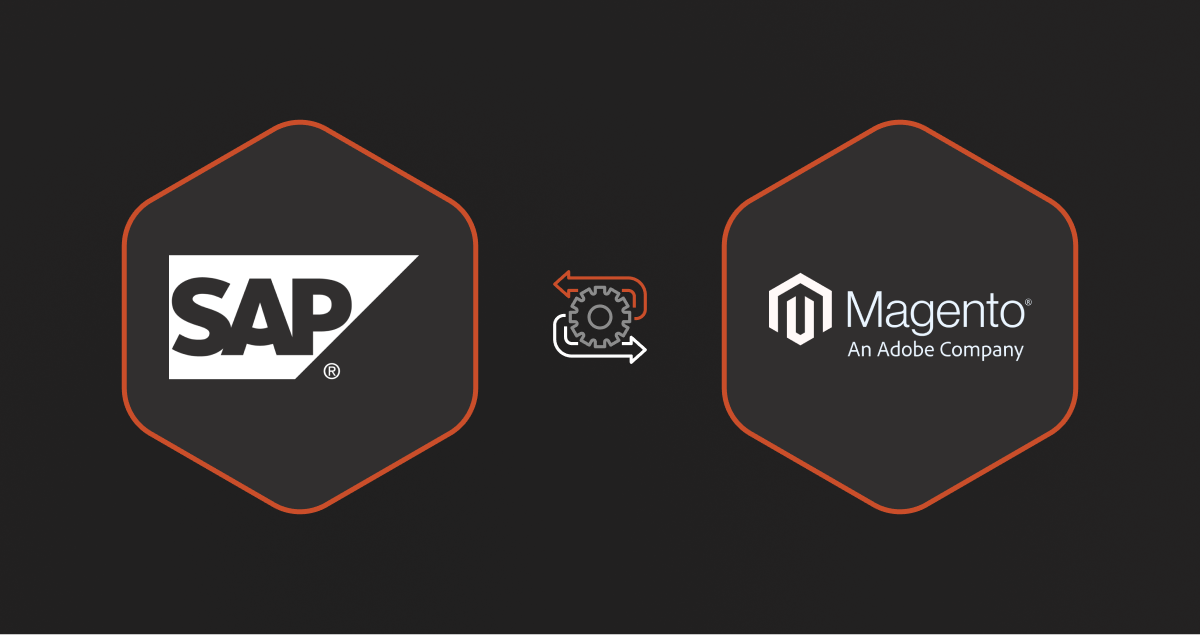From empowering seamless data synchronization to streamlining inventory management and order processing, connectors are vital tools for modern businesses.
Explore the top eCommerce connectors that are shaping the landscape of online business operations in 2025.
- DCKAP Integrator
- Hightouch
- PartnerLinQ
- Dataddo
- RudderStack
- ListingMirror
- ConnectPointz
1. DCKAP Integrator
The DCKAP Integrator Integrator is a cloud-based middleware that simplifies eCommerce data integrations, enhancing operational productivity and customer engagement. With extensive ERP integration support, ease of use, and automation capabilities, it is a viable solution for businesses aiming to optimize their online sales.
Who is it for?
DCKAP is designed for distributors and manufacturers across verticals like medical equipment, HVAC, JanSan, and more. The product is built specifically for distributors, backed by over 18 years of experience working with the industry. eCommerce managers and distribution leaders alike can benefit from the improved transparency and workflows offered by the product, which can sync data from the ecommerce platform to and from ERP, CRM, PIM, EDI and other tools.
Pros
- A diverse range of products backed by a team that customizes integrations as needed.
- Experienced with the manufacturing and distribution industries.
- Includes robust data mapping and advanced modifier features, among others.
- Competitive, transparent pricing.
Cons
- Certain products and services might have complex setup and usage.
- Slight learning curve for complex integrations.
2. Hightouch
Hightouch offers a reverse ETL (extract, transform, load) platform, specializing in seamless data synchronization between CRM like Microsoft Dynamics, marketing automation, and other business and third-party applications. The customer data platform offers features like automated data syncing, customizable data mappings, real-time updates, and comprehensive reporting, Hightouch especially empowers marketing and advertising teams.
Who is it for?
Hightouch is useful to enhance data integration and synchronization processes. Hightouch caters to the Computer Software and Information Technology and Services industries, offering solutions that streamline data management.
Pros
- Automated customer data syncing streamlines the integration process, saving time and effort.
- Customizable data mappings ensure accurate data synchronization.
- Real-time data syncing provides up-to-date information.
- Robust reporting and analytics for tracking data integration performance.
- Responsive and supportive customer support.
Cons
- Potential for high costs, particularly for businesses with intricate data integration requirements.
- Learning curve, especially for businesses with complex integration needs.
- Certain essential modules may only work in higher-priced plans.
3. PartnerLinQ
PartnerLinQ allows for increased visibility over global supply chains and ecommerce. With capabilities encompassing EDI translation, routing, compliance, and reporting, PartnerLinQ streamlines the data exchange process with trading partners.
Who is it for?
PartnerLinQ caters to users from diverse company roles seeking to simplify and automate their EDI and B2B management processes. The platform serves the Information Technology and Services sector along with the Automotive industry, addressing EDI needs.
Pros
- User-friendly interface, catering to both EDI novices and experienced users.
- Cost-effective, making it a suitable option for businesses of varying sizes.
- Wide array of features facilitating comprehensive EDI automation.
- Supports multiple EDI standards, enabling collaboration with diverse trading partners.
Cons
- Certain features, such as EDI mapping, may be limited to higher-priced plans.
- Learning curve for businesses new to EDI practices.
- May have less documentation and support compared to more established EDI software solutions.
4. Dataddo
Dataddo is a cloud-based data integration platform that gives ecommerce businesses the ability to streamline the process of connecting and managing data from diverse sources, aiding businesses in achieving comprehensive data utilization. Its capabilities encompass ETL, reverse ETL, data replication, reporting, and analytics.
Who is it for?
Dataddo caters to a wide user base, including businesses across different industries such as retail, manufacturers, and healthcare organizations. The data connector finds applicability across industries, including Marketing and Advertising, and the Retail sector. Dataddo targets both Small-Business and Mid-Market segments, with 51% of its users representing Small-Businesses and 42% from the Mid-Market segment.
Pros
- Accommodates integration from various data sources, facilitating centralized data management.
- Easy-to-use solution suitable for businesses with varying degrees of data integration experience.
- Allows seamless expansion of data sources and users as needs evolve.
Cons
- Businesses new to data integration may face a learning curve.
- Dataddo’s lower visibility may result in limited documentation and support resources.
5. RudderStack
RudderStack is a comprehensive customer data platform (CDP) that facilitates the collection, unification, and activation of customer data from diverse sources. It boasts an extensive range of features to enhance data management and utilization.
Who is it for?
RudderStack is offers warehouse-native CDP suitable for businesses across industries, including retail and information technology services, seeking to optimize customer data management. RudderStack is applicable in various industries, such as Computer Software and Information Technology Services.
Pros
- Compatible with various sources and destinations enhances data integration.
- Pre-built templates and a functions library streamline common use cases and data enrichment.
- Supports major warehouses such as Snowflake, BigQuery, and Redshift.
- Businesses can configure data sync schedules as per their requirements.
- Operates as a stand-alone system, eliminating the need for complex integrations.
- Doesn’t impose event limits, offering flexibility in data management.
Cons
- Extensive capabilities may pose complexity for setup and usage.
- Compared to some other CDPs, RudderStack might have a steeper learning curve.
- Some advanced features are exclusively available in the paid plans.
6. ListingMirror
ListingMirror is a robust multi-channel listing management software designed to assist Amazon suppliers in efficiently handling their listings across various platforms, including Amazon, Walmart, eBay, Shopify, and more. Its capabilities extend to listing creation, inventory and product management, and order tracking. The connector offers a broad array of functionalities encompassing listing creation, pricing management, inventory synchronization, order routing, splitting, and detailed reporting among others.
Who is it for?
Listing Mirror primarily caters to Amazon sellers looking to efficiently manage different channels listing. Listing Mirror is particularly applicable to the Retail and Apparel & Fashion industries.
Pros
- Connects with over 30 marketplaces and shipping carriers
- Simplifying the management of listings and orders.
- Listing Mirror is flexible and customizable, allowing users to tailor the software to their specific needs.
- Offers a free trail.
Cons
- Managing the software, especially for businesses with a substantial product range, can pose challenges due to complexity.
- Some users have reported encountering bugs or glitches within the software.
7. ConnectPointz
ConnectPointz is an Electronic Data Interchange (EDI) integration solution that automates and streamlines EDI processes for businesses. It offers seamless integration with various ERP systems and accounting systems, supporting multiple EDI standards like EDIFACT, ANSI X12, and GS1.
Who is it for?
ConnectPointz caters to businesses seeking to automate and enhance their EDI processes, regardless of industry. ConnectPointz finds applicability across industries such as Luxury Goods & Jewelry and Apparel & Fashion. The solution primarily serves the Small-Business segment (85%) while also catering to the Mid-Market segment (15%).
Pros
- Features an intuitive interface, making setup and usage straightforward, even for those new to EDI.
- Can be customized to fit the unique requirements of any business.
- The solution boasts a proven track record of dependable performance and uptime.
Cons
- Might have a higher price point compared to some other EDI integration solutions.
- May include a slight learning curve for some users.
High Performing eCommerce Connector for Distributors
Seamless integration is the key to success for every eCommerce website. These connectors serve as a bridge between platforms, enabling businesses to harmonize their operations with unprecedented efficiency. Whether you’re a marketing expert or a tech enthusiast, connectors can make a great difference in how you operate everyday tasks.
Your eCommerce story should have its own turning point. DCKAP Integrator can help bridge the gap between your ecommerce potential and revenue, through seamless integration via the easy-to-use, robust platform. Reach out to us to know how DCKAP Integrator can help your business, or take a look at the product walkthrough here:
FAQs
What is an ecommerce connector?
An e-commerce connector is a type of software that facilitates seamless communication and interaction between ecommerce applications and other systems. Connectors play a crucial role in enabling data exchange between different systems. These connectors can be either endpoint-based or operation-based. Endpoint-based connectors follow specific communication protocols (e.g., FTP) and exchange patterns, while operation-based connectors facilitate interactions with third-party APIs (e.g., Salesforce).
What is an open-source ecommerce platform?
An open-source eCommerce platform is a software solution that allows businesses to create and manage online stores. Being “open-source” means that the platform’s source code is freely available for anyone to view, modify, and distribute, providing flexibility and customizations. (Ex: Magento Open Source, WooCommerce, OpenCart, PrestaShop, osCommerce, Drupal Commerce, Spree Commerce, nopCommerce, Sylius, and OXID eShop.)
What ecommerce platforms can NetSuite integrate with?
NetSuite offers integrations with a range of popular eCommerce platforms such as Magento, Shopify, WooCommerce, BigCommerce, and SuiteCommerce, which is NetSuite’s native eCommerce solution.
What are the benefits of an ecommerce connector?
An eCommerce connector could link an online store to various systems like inventory management, PIM (Product Information Management), customer relationship management, and payment gateways. This simplifies the integration process by providing a standardized and efficient way to establish connections, eliminating the need for in-depth knowledge of each system’s technical details. With a connector, an ecommerce store can avoid point-to-point integrations, leading to a more modular and maintainable integration architecture.
Contents




